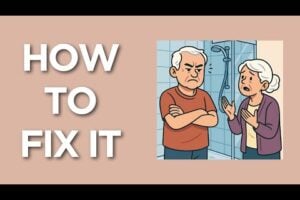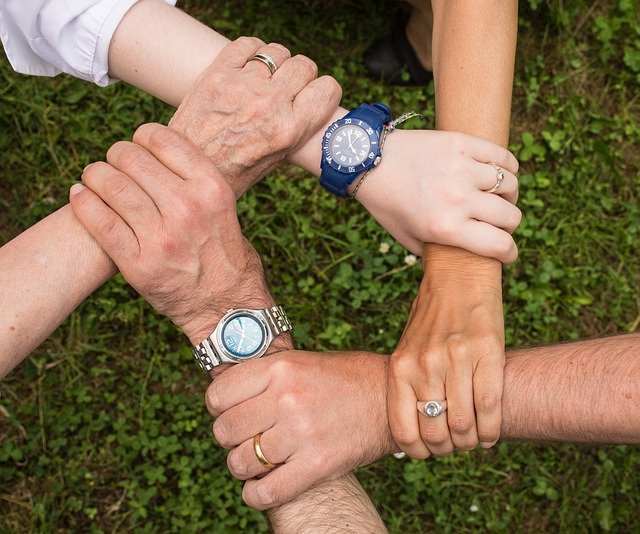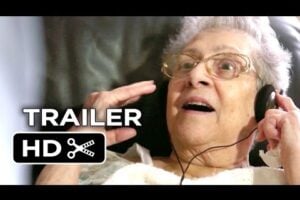National surveys have found that approximately one quarter of dementia caregivers are “sandwich generation” caregivers — meaning that they care not only for an aging parent, but also for children under age 18. Two-thirds of sandwich generation caregivers are holding down jobs, stretching themselves even thinner as they try to balance competing priorities.
According the 2017 Alzheimer’s Association Facts and Figures report – sandwich generation caregivers indicate lower quality of life and diminished health and health behaviors (for example, less likely to choose healthful foods and less likely to exercise) compared with non-sandwich generation caregivers or non-caregivers.
The Alzheimer’s Association’s Top 5 Tips to Support Sandwich Caregivers
1. Take Care of Yourself – It can be easy to neglect your health while caring for others, but making sure you are healthy can help you be a better caregiver to others. Try to eat well, exercise and get plenty of rest. Carving out just 30 minutes a day for yourself to do something you enjoy (exercise, reading or watching TV) can go a long way to reducing caregiver stress. The “Caregiver Bill of Rights” offers good tips for recognizing and relieving caregiver stress.

2. Maintain Good Communication – A major stressor for sandwich generation caregivers are feelings of guilt when caregiving tasks detract from time spent with family. Check out Dr. Peter Rabin’s video, “6 Ways Dementia Caregivers Can Feel Less Guilty“. Help your spouse/partner and children understand the demands you’re facing and enlist their help and support. A 2017 Alzheimer’s Association survey found that 91 percent of Americans believe it takes a village to care for a person living with Alzheimer’s, but many caregivers fail to ask for help.
3. Seek Support – Check out the left-hand column of topics on any page of alzheimersweekly.com . (Mobile users can find it below on any page in the green section.) There you will find an organized list of topics to over a thousand videos and articles on Alzheimer’s and dementia. Contact the Alzheimer’s Association or use their online Community Resource Finder to locate dementia care resources in your area. Adult day programs, in-home assistance, companions and meal delivery are just some of the services that can help you manage daily tasks. Visit the Alzheimer’s and Dementia Caregiver Center to learn more and access care training resources, including free online workshops.
4. Talk to Your Employer – A 2015 AARP report found that 53 percent of employed caregivers indicate their employers offered flexible work schedules. Some companies allow telecommuting. Discuss potential accommodations that can be made that will allow you to remain productive at work while balancing caregiver responsibilities at home.
5. Know You’re Doing Your Best –
Remember that the care you provide makes a difference and that you are doing the best you can.
You may feel guilty because you can’t do more, but you are only one person.
Identify priorities and focus on those tasks most essential. Delegate lesser responsibilities to others. For support and encouragement, join ALZConnected, the Alzheimer’s Association’s online caregiver community.












Thank you for tips